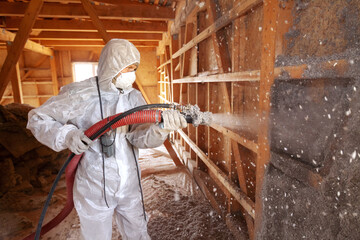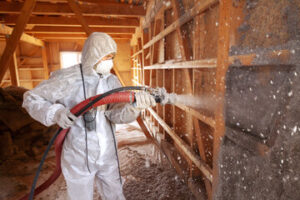There are many reasons to get Air conditioning repair. Whether you’re looking for service for your home or business, a local professional can take care of your air conditioning needs quickly. They also offer regular maintenance checks to prevent future breakdowns. This way, you can make sure your AC is functioning properly and efficiently.
Heating and cooling systems can wear out with usage, and the hose pipes can get clogged and leak. This will reduce the cooling and heating capabilities of your system, which could cause more serious problems. Having your air conditioning checked periodically is essential for ultimate comfort.
The cost of air conditioning repair depends on what type of service you need. While it can cost anywhere from $87 to $745, the average repair cost is around $300. There are also contractors who offer free estimates, which will give you a ballpark figure for the cost of your AC repair.
A home warranty can also provide coverage for many things in your home. If your home is under warranty, the provider can send a contractor to your home to fix the problem. The provider will then charge you a service fee once the work is complete. It is important to check the policy to see what is covered and which services are not.
This service warranty covers up to $2,000 of repair expenses. Service fees for the service are low, and they include roof coverage. The company provides excellent customer service and guarantees that its work is done professionally. It is one of the most dependable home warranties.
If you are wondering how much it will cost to repair your air conditioning unit. They have been in the business since 1999 and are equipped to handle various cooling and heating issues. Their technicians specialize in various central AC systems and can also provide ongoing support for home comfort. In addition to AC repairs, they also offer other HVAC services, such as humidifiers and thermostats. Additionally, they have earned accreditation from the League of Homeowners.
A good AC company will offer you a guarantee of complete customer satisfaction. Moreover, they are available for emergency services round the clock. Their technicians will diagnose and repair any AC problems, including leaks and condensate drains. They will also perform routine maintenance and provide zoning system upgrades, if necessary.
When your air conditioner breaks down, you should schedule an appointment as soon as possible. This will ensure that you don’t have to deal with expensive emergency service calls. Aside from contacting a professional air conditioning repair company at the earliest possible stage, you should also take care of your air conditioner on a regular basis. Regularly replacing the filter and using the recommended thermostat settings can extend the life of your HVAC equipment.
The air conditioning repair shop serves the community and the surrounding towns and villages.
The cost of air conditioning repair can range anywhere from $75 to over $1,500, depending on the extent of the problem. The cost depends on the type of air conditioning system and the type of labor required. For example, a clogged filter, dirty ducts, and a broken blower can affect the efficiency of your system.
When you need an air conditioning repair van, there are several different ways to go about it. Some are simple and only require a small number of parts to replace, while others require the replacement of an entire system. In these cases, you’ll be paying anywhere from one hundred to two thousand dollars. Fortunately, there are ways to get an idea of what a repair will cost before you call a company to come to fix your air conditioning.



